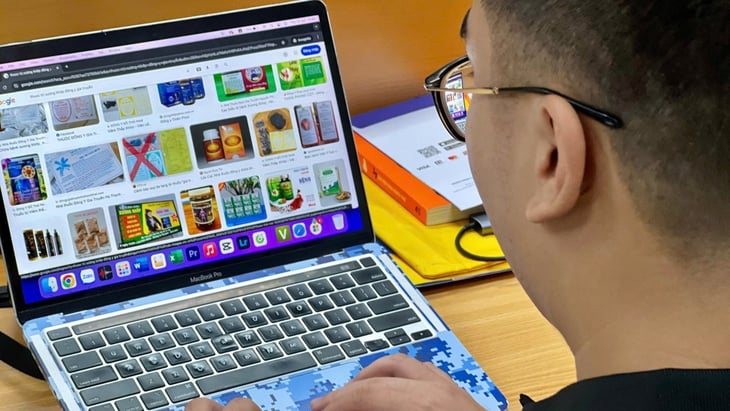
Many people buy cosmetics and medicine on e-commerce platforms - Illustration: NAM TRAN
But after this period, will fake and poor quality goods in the healthcare sector still have a place to survive?
Victims of "miracle drugs" and mixed creams
Mr. Tuan (80 years old) in Hanoi almost lost his life after using a "family medicine" that his nephew bought online to treat joint pain and insomnia.
After a few days of taking the medicine, he suffered from low blood pressure, vomiting, tremors in his hands and feet, and was at risk of cardiac arrest. When admitted to the 108 Central Military Hospital, he was diagnosed with severe liver and kidney failure due to high-dose paracetamol poisoning in the medicine.
Similarly, Ms. Phuong (65 years old, Hanoi) had many underlying diseases and was hospitalized repeatedly but her condition did not improve. Finally, the doctor discovered that she had been secretly using a "panacea" to treat bone and joint problems for two years.
This drug contains high levels of corticosteroids, causing withdrawal symptoms every time she stopped using it. After treating the cause correctly, she gradually recovered.
Not only adults, many children also have to be hospitalized because of "third-generation" medicines.
Patient N. (12 years old, Thai Binh ) was hospitalized due to using oriental orange medicine. Family members shared that because they saw that the child was weak and thin, they bought "orange medicine" for him to take. After a period of use, the child gained weight and ate well.
But after two months, the patient showed abnormal signs such as a round face, red skin, and hair growth in many areas of the body. When examined, the patient was diagnosed with Cushing's syndrome, increased liver enzymes, high creatinine, and increased blood cortisol.
Besides, "handmade" cosmetics and mixed creams of unknown origin also cause health consequences.
Recently, a female university student who regularly follows beauty content on TikTok bought a "natural acne treatment cream" containing turmeric, tea tree, and aloe vera extracts, advertised as "suitable for sensitive skin, non-irritating, and corticosteroid-free".
By the third day, the girl's skin was red and had many blisters. Her neck and jaw felt itchy and uncomfortable, especially when she sweated.
At the medical facility, she was diagnosed with acute contact dermatitis, a severe reaction to an ingredient in cosmetics. Her face, neck and hands were swollen and oozing, her skin was deeply damaged and she was at risk of leaving scars that would be difficult to heal.
Mr. Dau Xuan Canh, Chairman of the Vietnam Oriental Medicine Association, emphasized: "Each patient has a different constitution, physical condition and pathology, and cannot use the same medicine as advertised "my family has cured all diseases for three generations". This is an act of deceiving trust and can cause unpredictable consequences".
Consumer alertness required
After a series of campaigns to crack down on drugs and cosmetics of unknown origin, the market for "three-generation miracle drugs" and "homemade cosmetics" has temporarily calmed down. Traditional remedies that were once widely promoted with the promise of "curing all diseases" and "homemade" creams that were once praised as "safe and natural" seem to have disappeared from social media platforms recently.
On Facebook, YouTube, TikTok, where there used to be a flood of advertising videos with "three generations of cures for bone and joint pain" and "miracle creams that whiten overnight", the frequency of appearance has decreased significantly. However, according to experts, to completely end this problem, the most important thing is the vigilance and alertness of consumers themselves.
Mr. Nguyen The Thinh, Director of the Department of Traditional Medicine Management (Ministry of Health), said that the department has recently received continuous reports about impersonating traditional medicine practitioners, promoting "family" remedies to cure chronic diseases, even cancer. However, handling them is very difficult because the subjects often use fake phone numbers and unverified addresses.
"We have coordinated with the local health department and the police to take action. The Department has also issued many documents requesting increased inspection and strict handling of traditional medicine establishments and illegal clinics that show signs of using drugs laced with banned substances.
But the key is to warn people to absolutely not buy oriental medicine of unknown origin and not to believe in exaggerated advertisements online," Mr. Thinh emphasized.
Many types of "homemade" cosmetics are also causing concern. According to Mr. Ta Manh Hung - Deputy Director of the Department of Drug Administration (Ministry of Health), unlicensed handmade cosmetic products with no declared quality may contain corticosteroids, banned substances or not ensure hygiene during production, causing dermatitis, endocrine disorders with serious consequences for users.
The Department has directed localities to inspect and strictly handle unlicensed cosmetic production and trading establishments. At the same time, it has requested platforms such as Facebook, TikTok, Shopee... to review and remove false and unclear advertising content.
Need many synchronized solutions
Just from May until now, thousands of poor quality products of unknown origin have been raided.
However, to put an end to the situation of "three-generation family medicine" and "homemade" cosmetics infiltrating the market, we cannot rely only on timely raids, but need a system of synchronous solutions, close coordination between management agencies, social networking - e-commerce platforms and especially consumer awareness.
According to experts, it is necessary to tighten management and post-inspection. Mr. Ta Manh Hung said that the Ministry of Health is building a mechanism to manage drug and cosmetic production and trading establishments in the direction of being fully licensed, clearly declaring ingredients, and periodically testing quality.
At the same time, review and clean up the online environment, Facebook, TikTok, Shopee... by preventing false advertising, not allowing "online miracle doctors" to take advantage of the platform to attract patients and sell illegal products.
It is especially necessary to promote communication, help people distinguish safe products from floating products, improve information filtering skills and protect their own health.
Source: https://tuoitre.vn/da-het-thoi-quang-cao-nha-toi-than-duoc-ba-doi-20250612224252674.htm















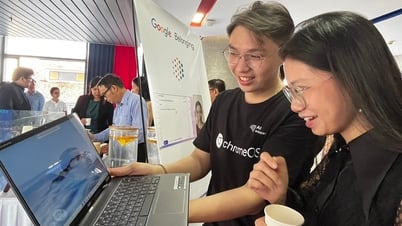

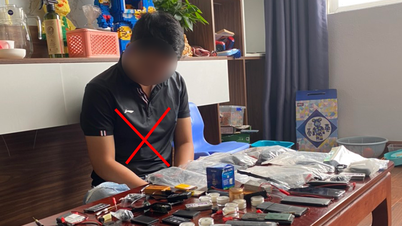





















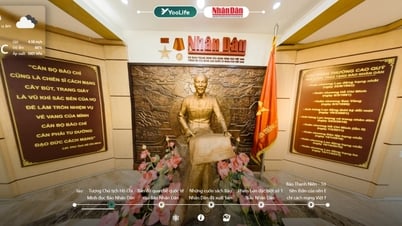




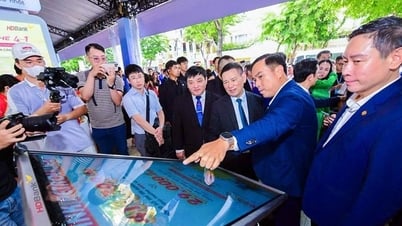



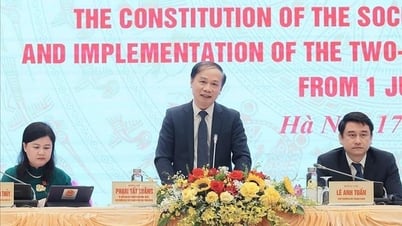

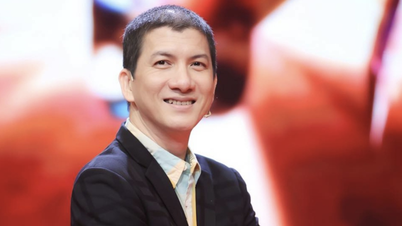



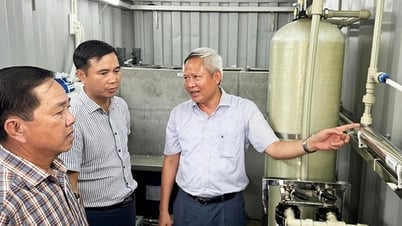


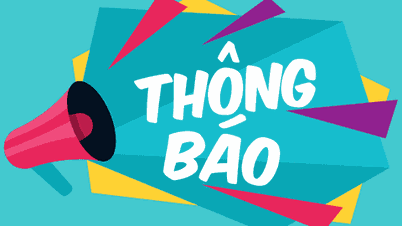

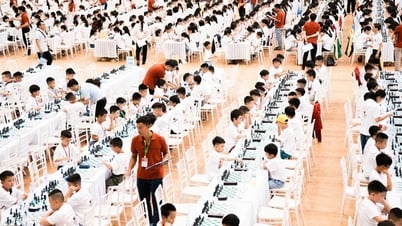
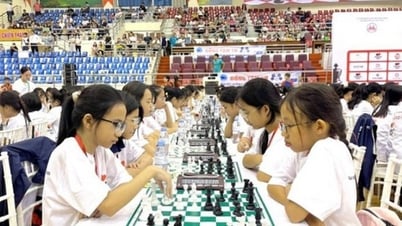



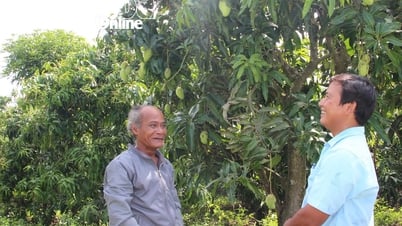


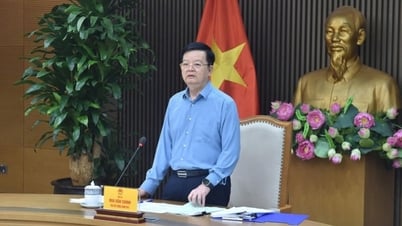

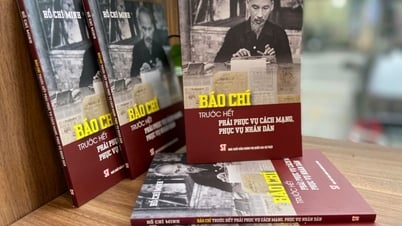













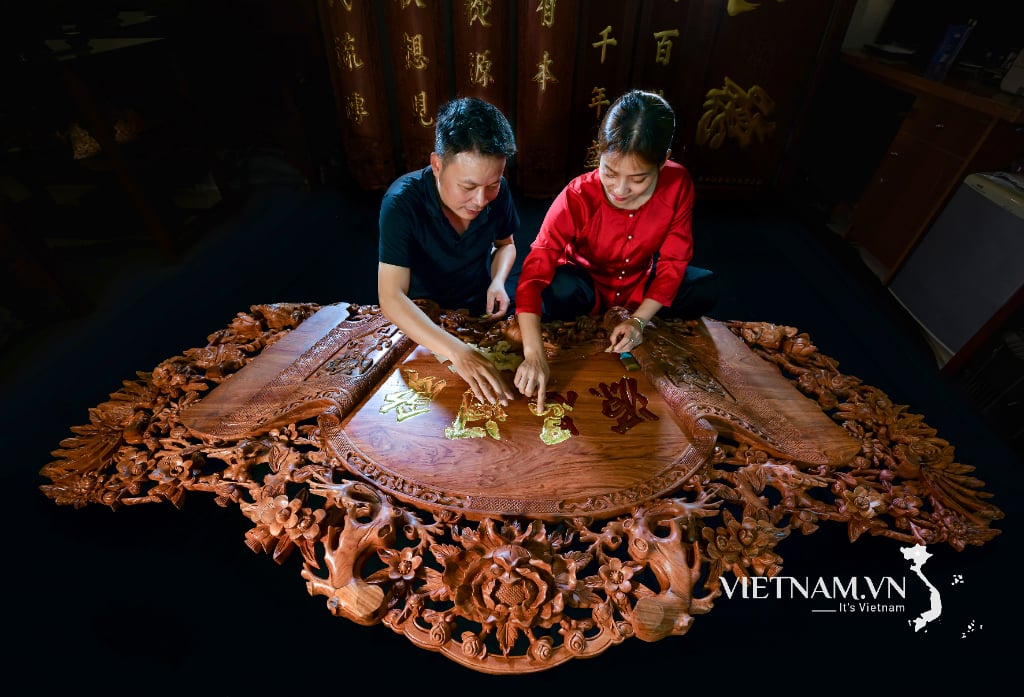



Comment (0)